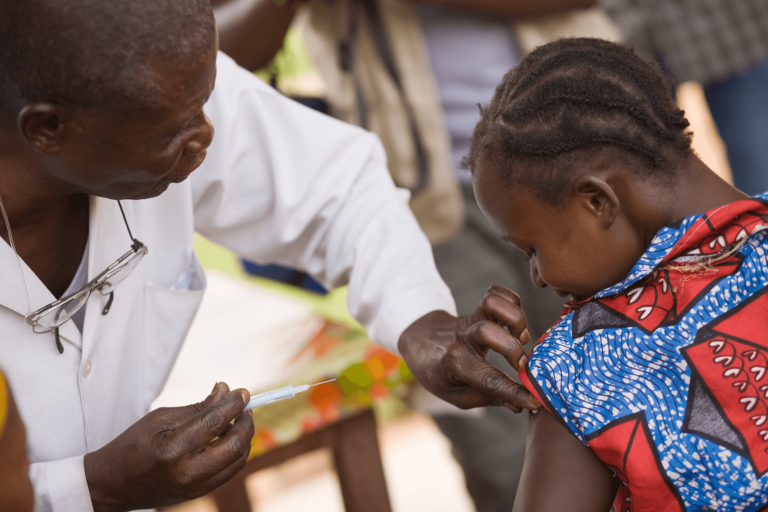Different Types of Clinical Research and What They Mean for You
Without clinical research, there would be no new treatments, no improvements in our understanding of how diseases work, and no new options for prevention. In short, clinical research is essential. Not all research is the same. There are two broad types: observational and investigational. They each have different goals and work in different ways, but they both rely on people like you to participate and spread the word. Read on for an overview of observational and investigational clinical research and learn how you can get involved. Observational Research: Observing Health Patterns Observational research gathers data and looks for patterns. If participants have a medical condition, they will continue their usual treatment plan during an observational study. Participants in this type of research do not receive new treatments. Instead, researchers observe and record various data, depending on the goal of the study, while the participants keep their general routine the same. Participation may involve filling out a survey, meeting with a researcher for an interview, or providing a blood or tissue sample. Types of Observational Studies Who Can Participate? Each observational study will have unique requirements based on what the researchers are interested in. In many cases, both healthy volunteers and people with a specific condition are needed. Since observational research does not require you to take a new medication or change your routine, you can often participate in multiple observational studies at one time. Why Does Observational Research Matter? Observational clinical research provides essential information about how diseases work and what risk factors could be. Each new study gives more information, and it takes many studies over a long period of time to clarify possible links between behaviors and diseases. What does this mean in the real world? For one, it can help people make more informed decisions about their lifestyles to have a better chance of staying healthy. Recommendations like increasing physical activity, maintaining a balanced diet, and avoiding smoking all have their roots in observational research. Observational studies can also identify factors outside of an individual’s control that increase the chance of developing a certain disease. This gives doctors the information they need to screen for those conditions sooner, potentially improving and saving lives. Investigating Research: New Treatments Whereas observational research gathers information about health, investigational research (i.e., clinical trials) puts this information into practice and tests new ways to prevent, diagnose, manage, and cure diseases. During a clinical trial, researchers monitor participants to ensure safety and track whether the new treatment works correctly. Depending on the trial, participants may go to a specific location (a trial site) to receive treatment, or a health care professional may monitor them while they undergo treatment at home. Clinical Trial Phases Clinical trials have four phases, and each serves a specific purpose. Who Can Participate? Like observational research, different trials look for various traits among participants. Along with looking for people with the health condition the treatment will target, clinical trials may have other requirements depending on the specific goals. The phase of the trial also changes who can participate. Phase I trials often involve healthy volunteers, as this gives the opportunity to study safety before involving those whose disease may make them more likely to have negative effects. Why Does Investigational Research Matter? Any advancement in medicine that you can think of owes its creation to clinical trials, from the most common over-the-counter medications to innovative treatments for serious conditions. Investigational research is essential to determine what treatments are safe and effective. Clinical trials can also provide options for those who don’t have many other treatment choices, like those with rare diseases. Ready to Get Involved? Whether you’re interested in taking part in observational or investigational research, you have the power to make a real difference for the future of medicine. You can ask your doctor about studies or trials that may be right for you, or you can use an online tool like Carebox, Antidote, or ClinicalTrials.gov to start your search. And if participating directly isn’t the right choice for you now, that’s okay too! You still can do your part by sharing information and staying informed. You never know who in your network could benefit from this knowledge.





